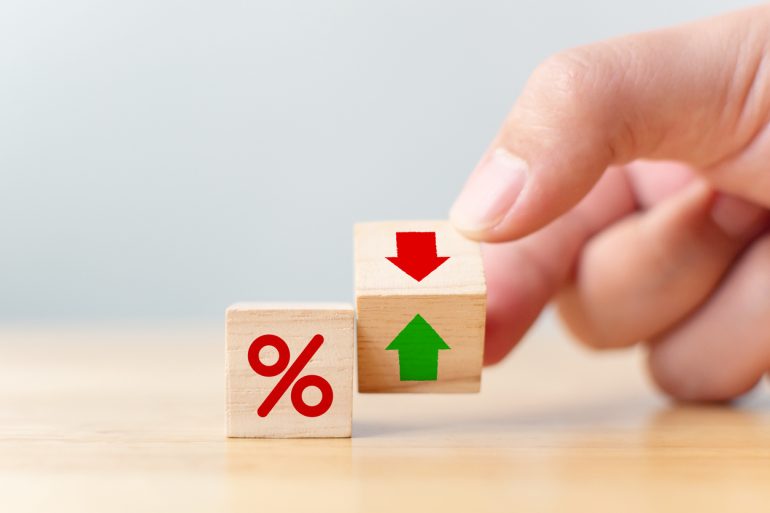Bond yields in both Canada and the U.S. jumped on news that Pfizer’s COVID-19 vaccine has proven more than 90% effective in its trials.
Following the announcement on Monday, the all-important 5-year bond yield is now hovering around 0.50% for the first time since early June. Since bond yields lead fixed mortgage rates, that’s caused some observers to suggest mortgage rates could potentially be finding a bottom and may only head higher from here.
“Lenders’ profit margins are tight and rising yields are tightening them further. If yields climb higher, banks may not delay in taking fixed rates with them,” RateSpy.com founder Rob McLister wrote in the Globe & Mail.
He noted that, despite the current economic gloom, better days are ahead and that 2021 is shaping up to be a year of recovery, particularly with solid prospects for a vaccine on the way.
“The bond market believes this. It prices in good news one to two years in advance,” McLister added. “In other words, by the time we know the economy is back to pre-pandemic levels, fixed rates will have already shot up.”
Little Room Left for Rates to Fall…Or is there?
Dan Eisner, founder and CEO of True North Mortgage, agrees that mortgage rates have little room left to fall.
“I think the only thing that will send mortgage rates tumbling further will be an absolute failure of the final phase of FDA approval of this vaccine,” he told CMT.
However, he notes that doesn’t necessarily mean rates are about to take off, on the other hand. “There is a 50/50 chance fixed rates will move up over the next 12 months,” he said. “Either they will or they won’t.”
Asked if there have been any indications of rate increases to date, Eisner said, “we’ve heard chatter from lenders, but no actual movements up yet.”
Others, like Dave Larock of Integrated Mortgage Planners Inc., aren’t convinced the economy could support prolonged rising rates at this point.
“We’ve got long-term trends that are pushing bonds lower… Former Bank of Canada Governor Stephen Poloz said that we were in a long-term declining rate environment,” Larock told CMT. “He predicted that rates would continue to fall steadily for a long time. This was before COVID.”
Larock acknowledges that positive developments for a COVID vaccine are bullish for rates, but maintains that will likely only lead to a short-term spike.
“Do I think this is the bottom and from here on out we’re looking at higher 5-year fixed rates for the next several years? I think there is very little chance of that,” he said. “The long-term trends are all still there. We’ve still got too much debt. The economy is still on its back. We’ve got basically no inflationary pressure of any consequence. The economy can’t afford higher rates.”
What this Means for Mortgage Shoppers
Those in the market for a mortgage are clearly rattled by talk of potentially rising rates.
Larock says he’s fielded several calls from “nervous variable-rate borrowers who are thinking that the cost of their parachute is going up.”
His advice? “If you’re calling me today and you need a mortgage for next week, yeah, now is a good time to lock in.”
Eisner agrees, telling us, “If you have the option to lock in, now would make a lot of sense.”
And while McLister cautions that there’s no guarantee that rates will rise materially, he says “it’s fair to say the risk-reward no longer favours variable mortgage rates.”
“Anyone who’s riding out a variable at prime – 1.00% or better will have a tough call to make in coming days. Hold on to a variable rate like 1.45% or less, or pay to lock in under 2%,” McLister writes. “The right answer depends on several factors, among others: one’s risk tolerance/psychology, overall qualifications (employment stability, financial resources, credit, and so on) and the rates available to you.”







